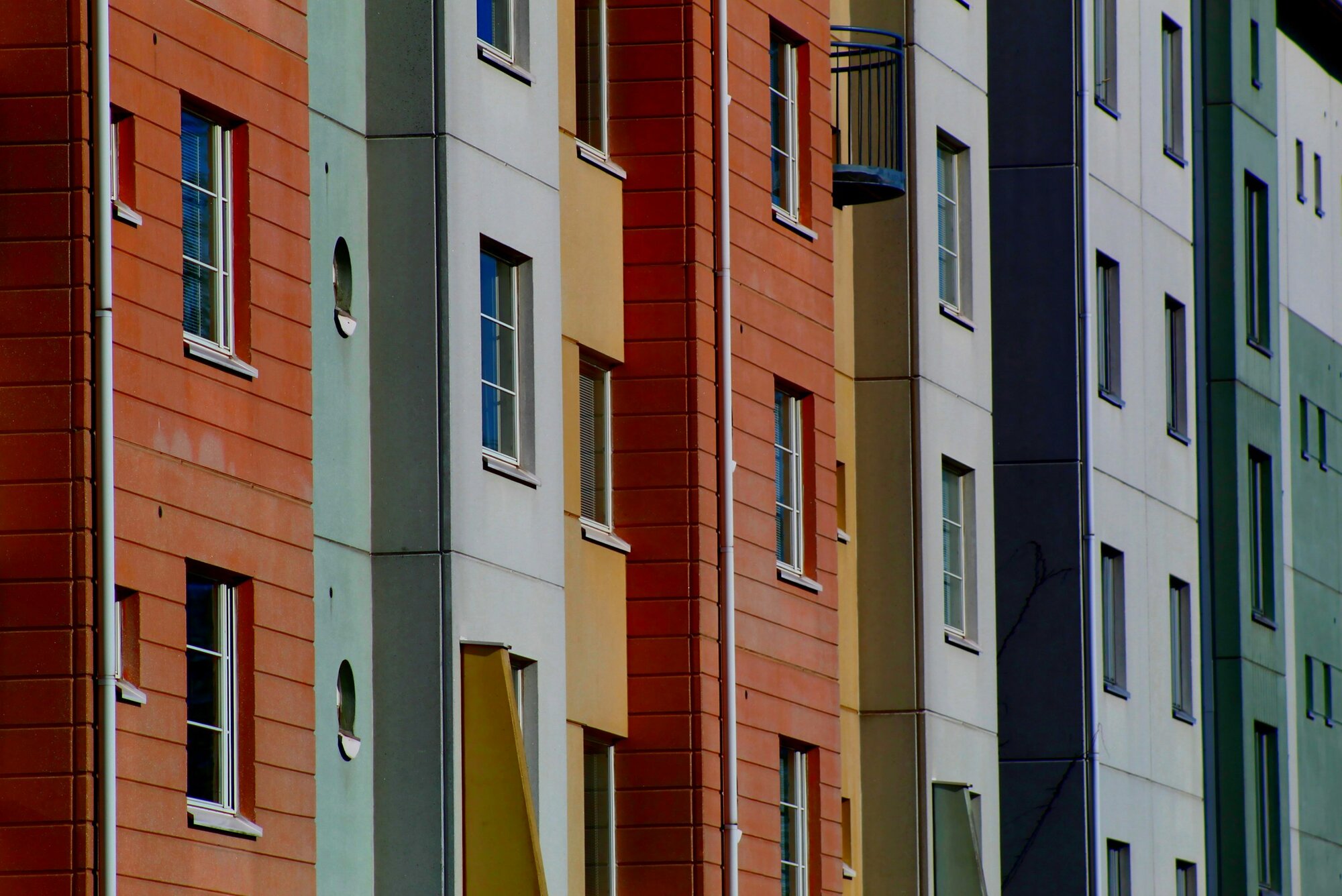Selling your home can be challenging and stressful, whether it’s Shared Ownership or not. But is it hard to sell a Shared Ownership property compared to selling a ‘standard’ home? In this feature we’ll look at what you need to know, including whether some Shared Ownership homes are harder to sell than others.
Selling a part share vs selling 100%
Shared Ownership is aimed at households who can’t afford the mortgage deposit to purchase a home on the open market. Hopefully, you’ll have potential buyers queuing up. But, sometimes, it can be challenging to sell a share.
You need your property to rise in value in order to make a gain on sale. But if it rises too much, it could be more challenging to find potential buyers who meet eligibility criteria AND can afford your part share.
For example, say you bought a 50% share in your home when it was valued at £300,000. Your household income at the time was £40,000 and you paid a £10,000 deposit. Now, let’s assume the current market value is £400,000. Per the Share to Buy affordability calculator, any potential buyer with the same £10,000 deposit would now need a household income of around £64,000 to secure a mortgage for your 50% share.
This a very broad-brush stroke scenario, but the underlying point stands. The more it costs to purchase your share, the smaller the pool of potential buyers. In that case, it might be easier to sell 100% on the open market.
Depending on the value of your property, and the size of your share, the worst case scenario is that anyone with a household income high enough to obtain a mortgage would be earning too much to meet eligibility criteria. You could get around this by selling 100% of the property.
Selling a small share vs selling a larger share
A higher percentage share requires a larger mortgage deposit. And larger the mortgage deposit needed, the smaller the pool of potential buyers. It’s something to bear in mind if you’re planning to staircase, say over 50%, but you can’t afford to staircase all the way to 100%.
Some rural Shared Ownership schemes cap staircasing at 80% in order to prevent social housing from being lost to the open market. But homebuyers who can afford 80% may prefer to aim for full ownership instead.
Selling a short lease
Prior to recent reforms introducing 990-year leases, Shared Ownership homes were often sold with ‘short’ 99- or 125-year leases. If the number of years remaining on your lease is relatively low (less than 85 years) it might be easier to sell 100%. It’s worth nothing that this is only applicable if staircasing to 100% obtains the freehold of your house.
However, staircasing will never obtain the freehold of a Shared Ownership flat. In that case, you might need to budget to extend your lease in order to sell. If not, depending exactly how many years you have remaining, your RICS survey might result in a lower valuation than if you had a longer lease. Whereas, if you can afford to extend your lease, the value of the property could increase by more than the costs involved.
Unfortunately, there’s always a risk that potential buyers may prefer to pay more for a home with the new 990-year lease term under the new model for Shared Ownership than for a home with a shorter lease.
Rent and ground rent
If a series of annual rent increases have resulted in your monthly rent costing more than private rents on similar homes in your area (or rents on local new-build Shared Ownership properties) then you may need to sell 100% in order to eliminate ‘specified rent’. Specified rent is the rent you pay on the share owned by your landlord.
‘Ground rent’ is different to specified rent. A ground rent is a payment paid by residential leaseholders, including shared owners, to their landlord. The landlord does not have to provide a clear service in return. Historically, Shared Ownership properties were offered with peppercorn ground rent (effectively zero). However, ground rent terms have been introduced into some Shared Ownership leases. The Government has abolished ground rent on new leases, which is good news for shared owners buying new-builds. The downside is that it could make it harder to sell Shared Ownership homes where ground rent applies.
The old model lease and the new model lease
The new model lease for Shared Ownership offers a range of benefits including: a longer lease term, a 10-year initial repair period (where some costs are paid by the landlord), and a shorter nomination period (during which the landlord has the right to find a buyer). It also offers opportunities to staircase in 1% increments.
Some of these reforms are more beneficial than others. For example, existing new-build warranties and guarantees should already cover off most initial defects and problems. And it’s not clear that incremental staircasing offers substantial benefits - given the need to pay using savings, at least some shared owners might be better off using spare cash to pay down their mortgage rather than staircase by such a tiny percentage. But a longer lease term is definitely beneficial, removing the need for a costly lease extension.
Whilst the new Shared Ownership model is good news for future shared owners, it could make homes with the ‘standard’ model lease less attractive to potential buyers. The reforms may create what’s sometimes referred to as a ‘two-tier market’ – where some types of property experience rising prices, and others falling prices.
Selling via the Housing Association
Selling a Shared Ownership property is undoubtedly more complicated than selling a ‘standard’ home. Partly because there is an additional party involved compared to selling a ‘standard’ home – i.e. your Housing Association. The process may take longer and your Housing Association may charge administration fees even if they fail to find a buyer during the nomination period.
The nomination period gives Housing Associations the right to find a buyer for your part share., but sometimes they will allow shared owners to forego the nomination period, and take their home straight to the open market.
Selling via an estate agent
If your Housing Association is unable to find a buyer, you can sell your share – or 100% of your property – via an estate agent. Bearing in mind that Shared Ownership can be complicated, it’s important to choose an agent who is familiar with the scheme.
If your nomination period has come to an end, we might be able to help! We’d love to talk to you about selling your Shared Ownership property. Get in touch by clicking here.
Do your own research!
Different Housing Associations have different policies when it comes to resales. Make sure you talk to them if you are considering selling your share.
Additional resources
HomeOwners Alliance - Leasehold reforms: what you need to know about changes to the law


